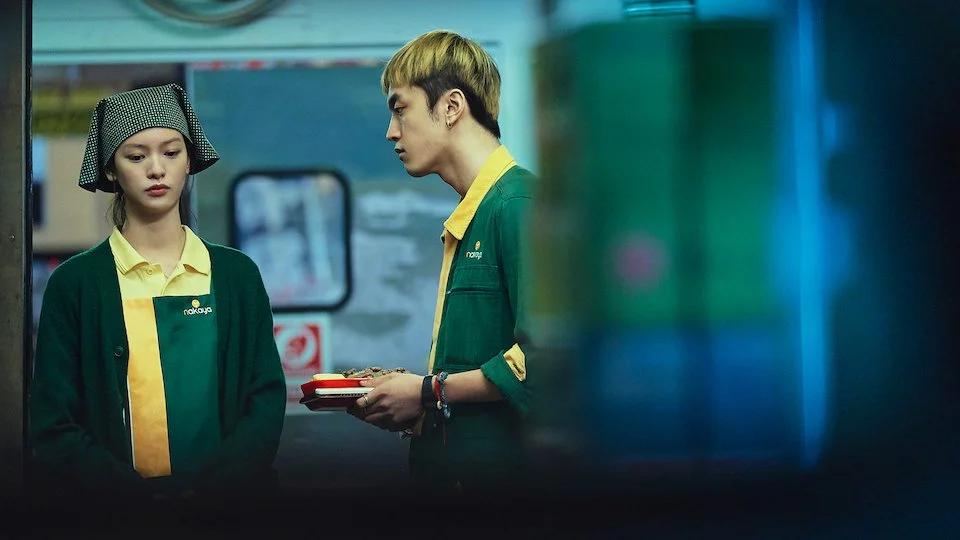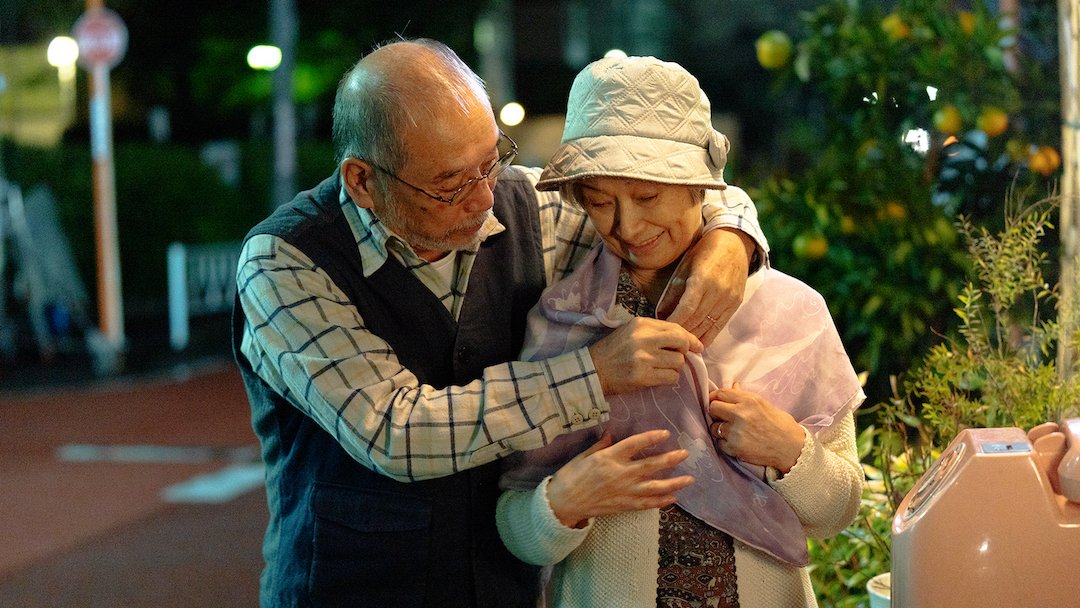Home, Alone
First time director Li Gen dives into the immigrant/diaspora experience with some nice observations but adds little to the conversation.
before next spring
Director: Li Gen • Writer: Li Gen
Starring: Qi Xi, Xie Chengze, Niu Chao, Qiu Tian, Song Ningfeng, Chen Yongzhong, Sylvia Chang
China • 1hr 48mins
Opens Hong Kong June 2 • IIA
Grade: B-
One thing cinemas from all corners of the globe seem to share, aside from the basics of drama, romance and comedy, is an unfailing attraction to 1) coming-of-age stories and 2) immigrant stories or explorations of a diaspora. That’s not a criticism. It’s simply an acknowledgement that no matter who we are or where we’re from, people grow up (banking lads excepted) and people can often feel displaced and isolated. The subject has been thoroughly interrogated: Korean-Japanese filmmaker Lee Sang-il’s early shorts explore the friction between Koreans in Japan and locals, Oscar-nominated Minari examined one family’s various reactions to trying to make a home away from their home, Peter Chan’s Comrades, Almost a Love Story, Wayne Wang’s Eat a Bowl of Tea, Yukisada Isao’s Go, Sai Yoichi’s Blood and Bones, horror parable His House, and GOAT immigrant film Black Girl by Ousmane Sembène are the tip of a very large iceberg.
So on the surface, Before Next Spring | 如果有一天我將會離開你 (which roughly translates to “I’ll leave you one day”) most definitely slots into #2. It’s based on first time writer-director Li Gen’s experiences as a student in Japan in 2007, and to add veracity to Li’s observations, the film was shot in the same restaurant he worked at during his time there. And yeah, the old saying for creatives is to “write what you know,” but evidently Mr Li’s attention was all over place. Before Next Spring has its moments to be sure, but ultimately it doesn’t tell us much about being Chinese in Japan right now.
Before Next Spring follows a group of Chinese residents of Fuchinobe, a bland outlying district of Tokyo, who work in a Chinese restaurant: Nanguoting. The main character/stand-in for Li is Li Xiaoli (Xie Chengze, also making his debut), a Japanese language student who kind of sucks at life. His classmate Qiu Qiu (Qiu Tian) does him a solid and gets him a gig at Nanguoting; she knows the manager, Guan Wei (Qi Xi, The Whistleblower). Qiu Qiu herself works at a supermarket with two other staff from the restaurant, including damaged Chinese-Japanese bad boy Zhao (Niu Chao), who prefers to use the name Aoki. His Japanese is fluent, so he’s got a superior attitude he enjoys harassing Xiaoli with. And yes, Zhao/Aoki immediately gets jealous of the new guy, thinking he now has a rival for Qiu Qiu’s attention, though nobody seems to want to ask Qiu Qiu her opinion of this. Moving on. Rounding out restaurant crew are a cranky chef, Wan (Chen Yongzhong), who’s left a family in China, and Guan Wei’s illegally resident boyfriend Xiao Song (Song Ningfeng), with whom she’s trying to start a family. Sylvia Chang completes the cast as language teacher Li Lili.
There’s an odd tone of misery woven through Before Next Spring, but why everyone is so unhappy remains a mystery. It’s almost as if Li looked around and made some sketches for his story, but then dropped the idea of completing the entire painting. Health crises? Check. Run-in with the law? Check. Pining for the family left behind (in Wan’s case)? Check. Domestic strife and stress about immigration status? All here, but taken together they play like a list of melodrama plot devices deployed to hit emotional beats at 12 minutes, 25 minutes, 43 minutes and so on. Everything else is left on the table. Chinese don’t encounter any random hate or racism while living in Tokyo in Li’s world, at worst there’s minor irritation. What’s got Wan so reluctant to go home – or take steps to bring his family to him? Economic hardship is usually the reason people relocate, but what happens when they find themselves in the same hand-to-mouth situation they left?
Perhaps that’s asking too much of Li; plenty of films trade in grim, infuriating depictions of bigotry, and Lord knows you can watch it live on the news every day. So credit to making up for where he dropped the ball on social realism with a gentle, nicely observed pastiche of daily life with a found family and portrait of creating a home (the restaurant) to serve as a hedge against loneliness. Li’s point is to illuminate the daily grind that masks our shared anxieties – fear of putting financial strain on family (Xiaoli), rage at an abusive parent (Aoki), and ultimately of never fitting in. Ironically the film’s D-plot is its strongest, about an elderly local couple who frequent Nanguoting but only ever order the menu’s cheapest items. The unspoken speaks volumes, and the carefully modulated physicality of the actors fills in the blanks in some textbook “show-don’t-tell” filmmaking. Their scenes demonstrate a level of grace and a dense emotional wallop that bode well for Li’s second film. — DEK



